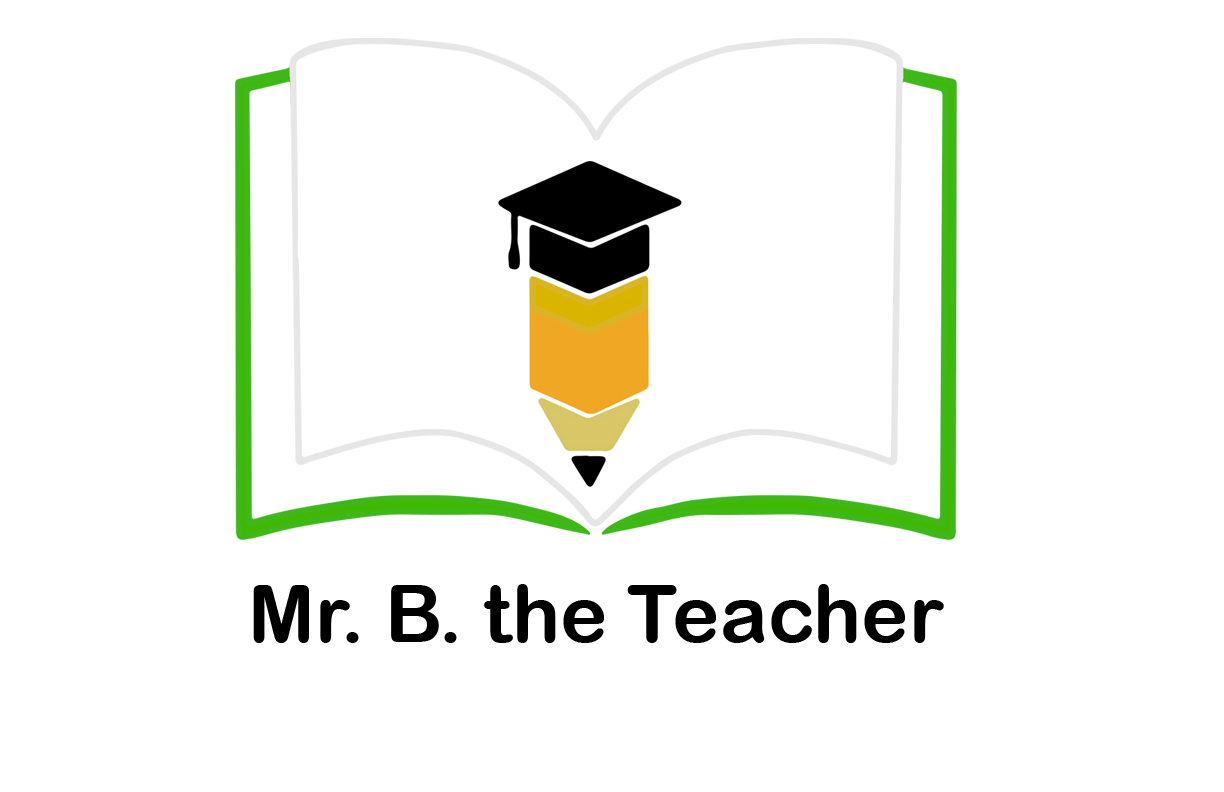
What Is Our Role As Parents of Our School-aged Children?

What is our role as parents of students? It is important that we know what our role is as the parent or caretaker of our children. As my book: Guidelines for the Successful Student: A Closer Look At Parenting Your School-Aged Child states, we’re all parents.
We are Stakeholders in our children’s lives and in the lives of children who we take care of and support. We could be biological parents, stepparents, foster-parents, guardians, relatives, teachers. It’s important that we know that we’re all parents. We’ll define what is the role of the parents in our student’s lives before, during and even after school. Where we set up routines and procedures for them to follow.
I’ve used the acronym H.O.M.E.W.O.R.K. to define the parents’ roles, which signifies that we have homework to do. We often associate homework with students who receive homework regularly from school. But we have homework to do as parents to ensure that our students are doing their homework and following other routines and procedures that would help them to be successful.
H.O.M.E.W.O.R.K.
H is for Helper. What does a helper do? They simply guide or help our students to learn rather much like the role of a guidance counselor, we counsel them. We help them to succeed. We help give them whatever tools they need to be successful as students at home.
O is for Overseer. What does an overseer do? They oversee every operation that their child is involved in even after school. Mind you, with the challenges that we face today many parents can’t be home with their children right after school. However, whoever they trust as their guardian will fulfill that role as the parent during that time. But whoever oversees the child after school needs to oversee, observe, note, and document every operation they do.
M is for Manager. We’re managing our students because there are systems that we need to set up. What are we managing? Their routines and procedures. We need to provide structure because research shows that when there is structure, it improves their performance academically and improves their test scores. It’ll even improve their social and psychological aptitude. So, managing systems properly takes work, but once you set it up just like the teacher does with the rules, routines and procedures it’ll be very effective, and it leads to improvement in their academic and social aptitude.
E is for Encourager. Now this is the most important role that we have. This is the glue that holds all the other parental roles together. Makes all the other roles possible. Why? Because we need to encourage our children and students, we cannot encourage them enough. Which means we motivate them to learn and study and to develop great study habits. To have them understand that what they’re doing is an occupation.
Being a student is an occupation. I will go more in detail about this in the next post where I cover what are the roles of the student. These roles are the roles of the parent today. So, we need to encourage them to be the best student possible and to motivate them to learn. Motivate them that following a set of routines and procedures will help them to succeed and develop great study habits.
W is for Worker. Yes, we have work to do. Just because we’re parents and not actually attending grade school, doesn’t mean that we don’t have homework to do, which is why I used that acronym. It means that we’re actually the ones who set, implement, and enforce the routines, procedures, and schedules for our children or students. We need to help them to follow established routines and procedures after school. And we do this through being proactive.
We are the authority-figure, not their peer. We are in charge, so we cannot be their friend. We need to enforce and hold them accountable and responsible. So, there’s a responsibility and accountability on our part to make sure that we enforce the routines, procedures, and schedules that are established at the beginning of the school year. And we need to hold them accountable and responsible for following and adhering to these routines and procedures.
O is for Observer. Isn’t this the same as Overseer? Overseer is an overview we oversee the operation, but Observer means you take a closer look. This is where the parent takes a closer look to see that each step of the operation is performed to an optimal level. So that we can note strengths and weaknesses that our children have and then hold regular meetings – I recommend once a week – to discuss what worked well and what didn’t that week when they followed the routines and procedures.
The parent observes and sees everything their children do. We need to know everything that our children are doing. I know with the demands of the workplace and the times that we live. It is not always possible for us to know what our children are doing every minute of the day. However, whoever oversees observing your child needs to note what they are doing and inform you as the parent. We’re all parents, we’re all entrusted to take care of our children. So, we need to observe and hold meetings to discuss and recommend strategies to help them improve in following their routines and procedures.
R is for Rewarder. We need to reward our students with not only tangible rewards, but intangible rewards, such as verbal praise. The more specific praises, the more effective according to research and even in my book I talk more about that. And I recommend that some rewards in my book as well that you can give your children for compliance. Everyone loves to be rewarded for their efforts in life. We’ll get work pay, perks, promotion.
We’re able to buy things that we couldn’t buy before we accomplish a more worthy endeavor – these are all rewards. Children love to be rewarded too. Teachers are encouraged to reward students in school, so we as parents need to reward them at home for compliance in school and at home and be willing to punish our children for non-compliance with the rules and procedures that are established, so that they get back on the right track.
K is for Keeper. We need to Keep our word as parents. That is what we say what we mean and what we mean, we say. And we need to keep up with every routine and procedure that our students are involved in. Our Children. They are our children, and we are their number one teacher. So, we have the awesome responsibility of making sure we know what they’re doing, how they’re doing it and why they’re doing what they’re doing. We are their number one teachers and number one stakeholders.
However, it takes a village, so we need to make sure that all the parties involved agree and that we’re all in alignment with what our children need. We need to keep up with all correspondence that our children receive from school. It’s very important. In my years of teaching, I have seen so many instances where parents didn’t even know what was going on at the school. Because either their child failed to hand over the correspondence, it got lost on the way, or there’s no communication between the school and the parent at home, so we need to fix that.
We need to make sure that we’re keeping up with the latest information. So that we know what is going on with our children while we are at work. We need to know what’s going on with our students at school. So, we need to stay proactive and that’s the number one takeaway from this article that I hope you get is that parents need to be proactive in all the roles that they play from H to K. We’re doing work to ensure that our students, our children, become the most successful students possible.
For more information about my book, go to Amazon.com. It’s available in both Paperback and Kindle form. Please subscribe for access to new content and upcoming announcements.
And remember the African Proverb: “It takes a village to raise a child” .



Leave a Reply